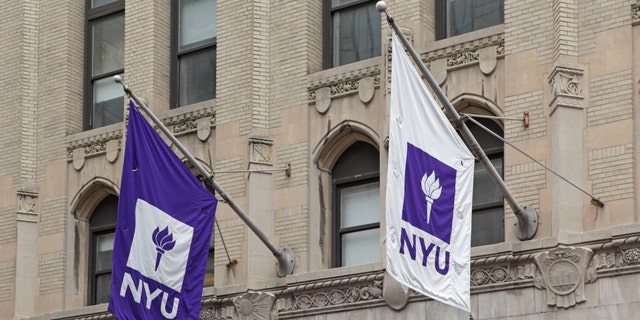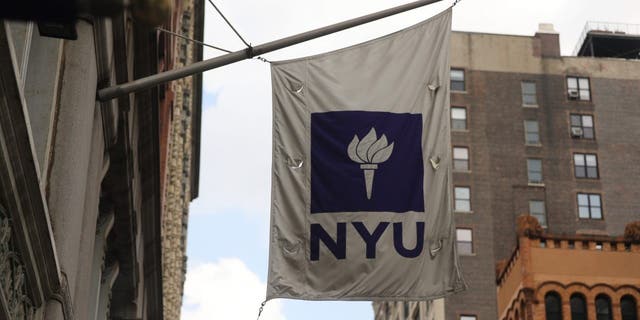NYU professor fired after students said class was too hard urges ‘tough love’ from college, end to ‘coddling’
The New York University professor who was fired from his job after students complained that his class was too hard is now speaking out and saying that colleges need to “apply a little tough love” to students.
Maitland Jones Jr., 84, a former chemistry professor at New York University, was fired from the university in August following a petition from students complaining that his course was too hard.
“We are very concerned about our scores, and find that they are not an accurate reflection of the time and effort put into this class,” the petition said, according to the New York Times.
“We urge you to realize… that a class with such a high percentage of withdrawals and low grades has failed to make students’ learning and well-being a priority and reflects poorly on the chemistry department as well as the institution as a whole,” the petition states.
NYU FIRES CHEMISTRY PROFESSOR AFTER STUDENTS SIGN PETITION COMPLAINING THAT HIS CLASS IS TOO DIFFICULT
Jones said in a comment to the New York Times that he has seen a drop in attention from students nearly a decade ago, which was accelerated by the COVID-19 pandemic.
“They weren’t coming to class, that’s for sure, because I can count the house,” Jones said. “They weren’t watching the videos, and they weren’t able to answer the questions.”
In an op-ed for the Boston Globe on Thursday, Jones said that university deans need to learn how to not “coddle students.”
“Critically, the growing number of administrators, major and minor, who are often without any expertise in a given subject matter, need to learn to stand back from purely academic matters and to support the faculty,” Jones said. “Deans must learn to not coddle students for the sake of tuition and apply a little tough love. They must join the community in times of conflict to generate those teachable moments.”
In the op-ed, Jones said that he saw signs of “trouble” before COVID-19.
PROFESSOR FINDS MOST STUDENTS CAN’T DIFFERENTIATE BETWEEN US AND RUSSIAN CONSTITUTIONS

“Even before COVID-19 disrupted classrooms, there were signs of trouble. I came to New York University in 2007 after 43 years of teaching and research at Princeton, where I had both tenure and an endowed chair,” Jones said. “I wanted to see if the technique I had introduced at Princeton, in which the talking-head lecture was deemphasized in favor of small-group problem solving, was transferable to another university.”
“All went well at first as students prospered in the problem-solving setting and younger faculty began to adopt it. But about 10 years ago, I noticed that students were increasingly misreading exam questions,” he added, stating that COVID-19 then hit.
“Exams that should have yielded a B average dropped to C- or worse. Single digit scores became common and we even had zeros on exams, something that had never happened before. In his opinion piece, Malesic speculates on causes (screen time, COVID-induced remote “learning”) and suggests that we do no one a favor by continuing to dumb down our courses. I completely agree, although I must admit that I was guilty of some grade inflation,” he said.
Jones said that he wasn’t just “unjustly treated,” his “reputation as a chemist and educator has not been seriously damaged.”
A spokesperson for New York University disagreed with that assessment, stating that his class had a “very high rate of student withdrawals” and “evaluations scores that were by far the worst” out of the university’s undergraduate science courses.

“In short, he was hired to teach, and wasn’t successful,” the spokesperson said. “NYU has lots of hard courses and lots of tough graders among the faculty – they don’t end up with outcomes that raise questions about the quality and effectiveness of the teaching, as this class did.”
Jones also taught at Princeton University for four decades.
Fox News’ Paul Best contributed to this report.
Read the full article Here


